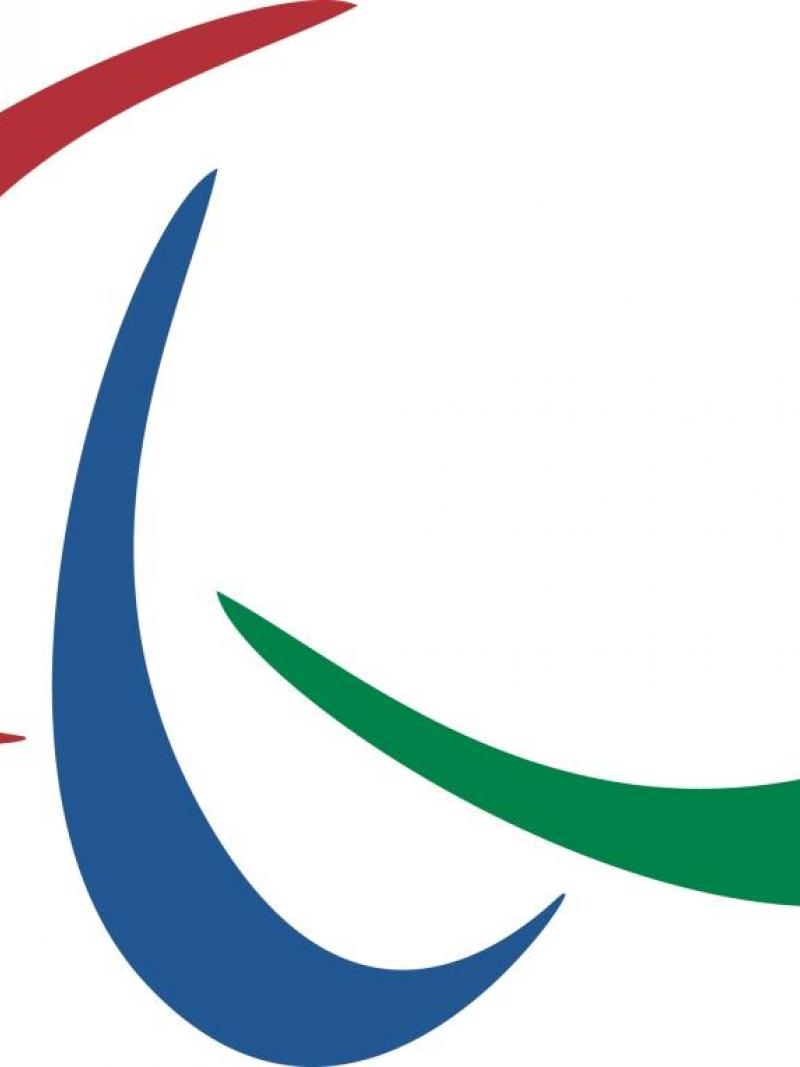Russian Nordic skier Nikolay Polukhin commits an Anti-Doping Violation
The 33-year-old returned an adverse analytical finding for meldonium at a competition in February. 24 Jun 2016
Official logo of the International Paralympic Committee
The International Paralympic Committee (IPC) has announced that Russian Nordic skier Nikolay Polukhin committed an Anti-Doping Violation in February but will face no period of ineligibility after a minute trace of meldonium was found in his system.
Polukhin returned an adverse analytical finding for meldonium in a urine sample provided on 26 February 2016 after he had competed in the IPC Biathlon World Cup in Finsterau, Germany.
The substance is included on the World Anti-Doping Agency (WADA) 2016 Prohibited List under the category Hormone and Metabolic Modulators (S4.5) and is prohibited at all times, both in and out of competition.
Although the 33-year-old was found guilty to have committed a violation, the IPC Hearing Body decided that “No Fault or Negligence” applies according to the IPC Anti-Doping Code and that there should therefore be no period of ineligibility.
Peter Van de Vliet, the IPC’s Medical and Scientific Director, said: “The IPC Anti-Doping Hearing Body found the athlete to have no fault or negligence after having considered the circumstances of this case and the WADA notice published in April 2016 on meldonium cases.
“WADA’s notice gives guidance to hearing panels to assess the degree of fault/negligence for the presence of meldonium in an athlete’s sample when the panel is satisfied that the substance was ingested before 1 January 2016, the date it was added to the Prohibited List. The notice was issued in absence of clear scientific evidence on excretion times of meldonium.”
In line with WADA’s notice and in accordance with the applicable Code provisions, Polukhin’s results from the 26 February, the date of the test, have been automatically disqualified in accordance with Article 9 of the Code.
On 26 February, Polukhin won gold in the men’s 15km biathlon for visually impaired athletes. His disqualification means Ukraine’s Anatolii Kovalevskyi, the original silver medallist, will take gold, his teammate Iurii Utkin will now receive the silver and the bronze will go to Russia’s Stanislav Chokhlaev.
The principle of strict liability applies to anti-doping matters. Therefore, each athlete is strictly liable for the substances found in his or her sample, and that an anti-doping rule violation occurs whenever a prohibited substance (or its metabolites or markers) is found in his or her bodily specimen, whether or not the athlete intentionally or unintentionally used a prohibited substance or was negligent or otherwise at fault.
As a signatory of the World Anti-Doping Code (WADC), the IPC remains committed to a doping free sporting environment at all levels. The IPC, together with the International Federations and the National Paralympic Committees, established the IPC Anti-Doping Code to prevent doping in sport for Para athletes, in the spirit of fair play. The IPC Anti-Doping Code is in conformity with the general principles of the WADC.





